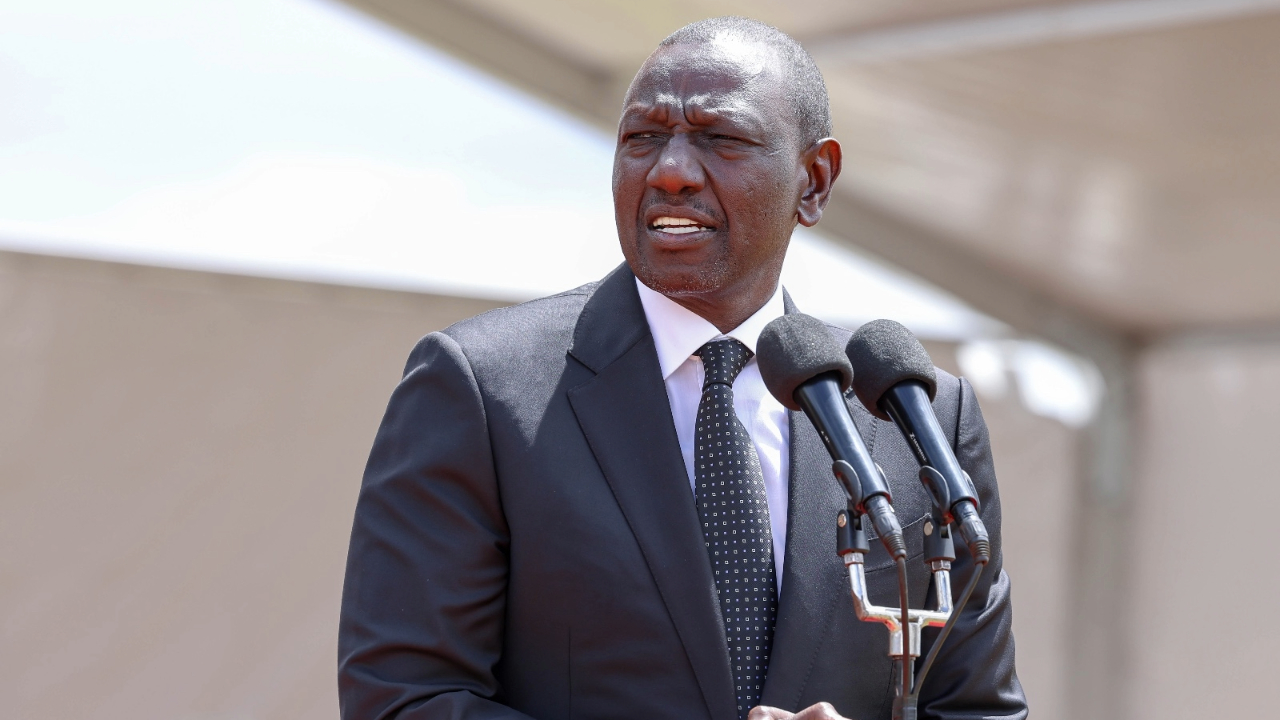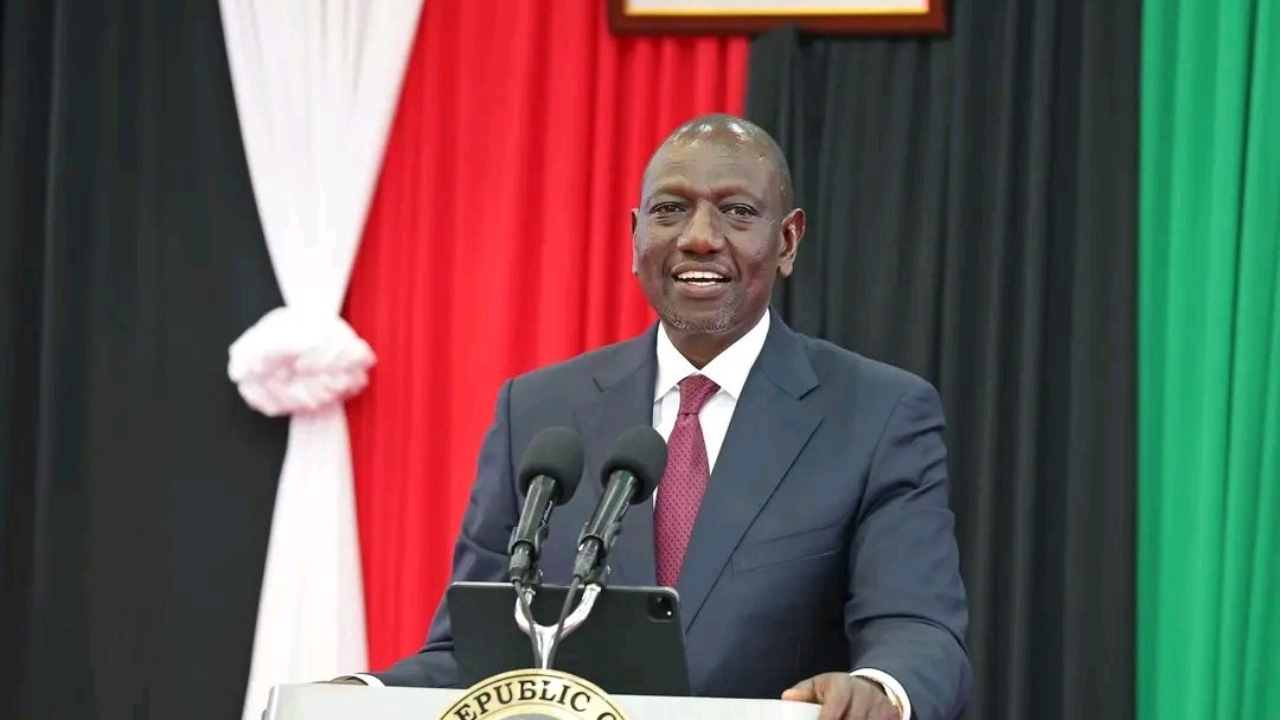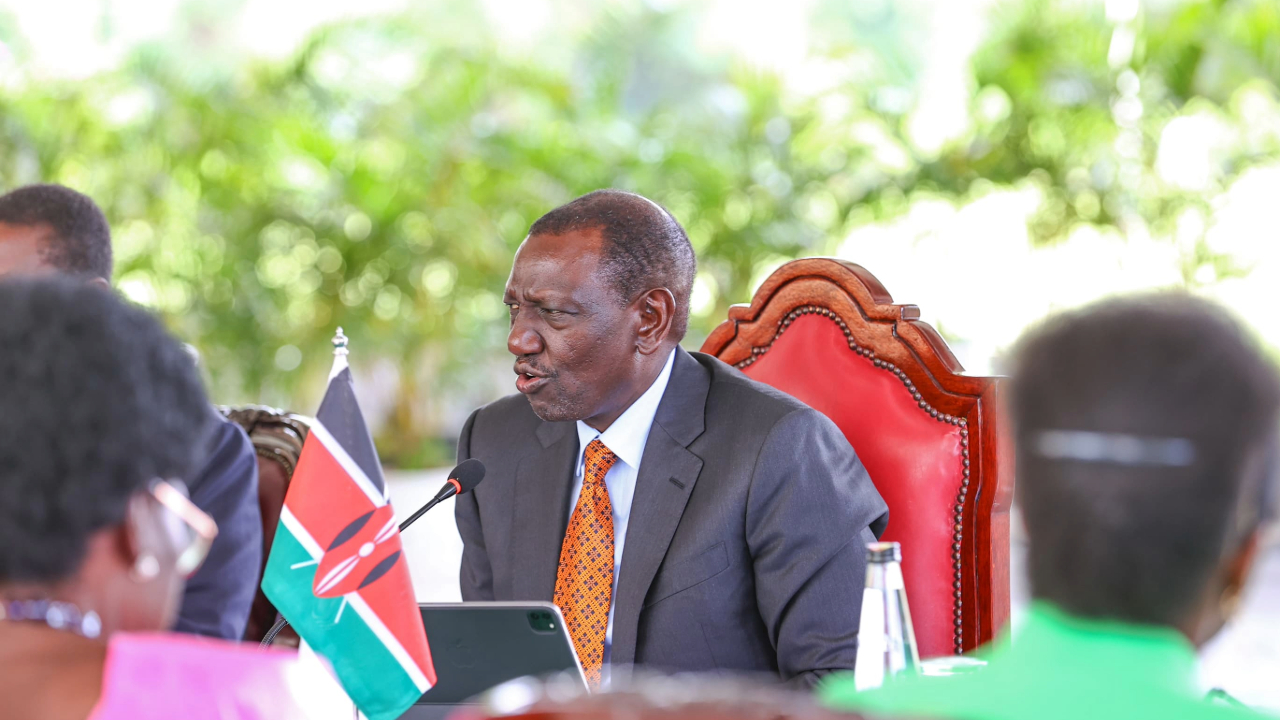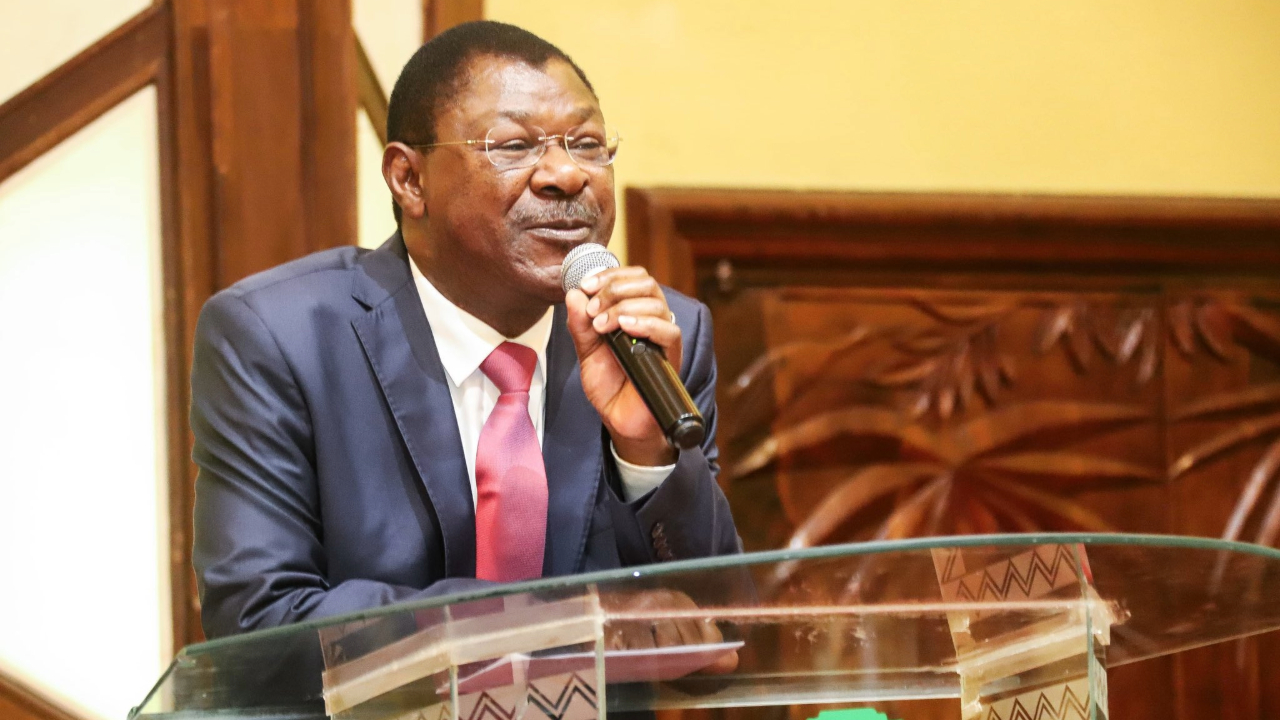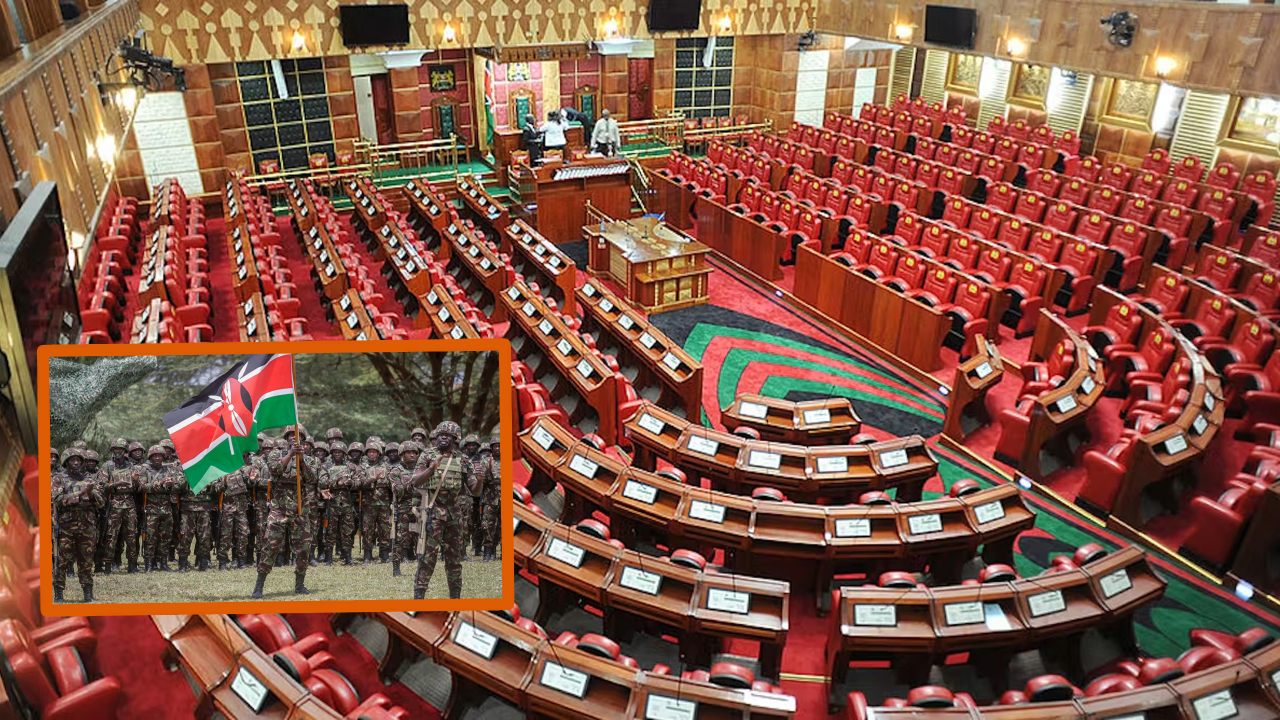Former IEBC Chair Chebukati Rejects Bipartisan Invitation, Calls for Inquiry into 2022 Elections
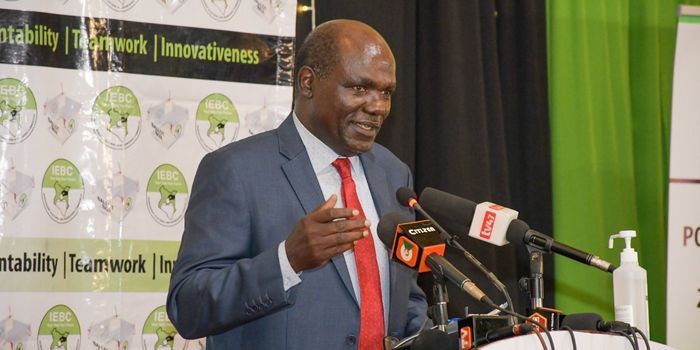
Former Independent Electoral and Boundaries Commission (IEBC) chairperson, Wafula Chebukati, has declined an invitation to appear before the National Dialogue Committee (NDC) regarding the 2022 general election.
He cited the election as a closed case and expressed concerns about betraying IEBC staff who suffered during the election period.
In a statement released on Thursday, Chebukati emphasized that participating in the committee's proceedings would be akin to betraying the IEBC staff who were subjected to torture and violence during the election. The NDC, co-chaired by Wiper leader Kalonzo Musyoka and National Assembly Majority Leader Kimani Ichung'wah, was established to resolve the political impasse between Kenya Kwanza and Azimio La Umoja coalitions.
The NDC had invited Chebukati to provide insights into the conduct of the 2022 elections, which faced opposition contestation but were ultimately upheld by the Supreme Court.
However, Chebukati called for the formation of a commission of inquiry to investigate events before and after the disputed elections.
Chebukati stated, "It is neither our wish nor our desire to participate in a process whose outcome would be to sully the Constitution and some of its organs." He expressed hope that a Commission of Inquiry would be established to investigate the unfortunate incidents of August 15, 2022, at Bomas of Kenya, which tarnished the country's image.
He insisted that this inquiry should probe the abductions, torture, and killings of IEBC staff during the election period, with those responsible facing legal consequences.
Chebukati believes that the findings of such an inquiry will strengthen the IEBC's independence and uphold the Constitution.
Concluding his statement, Chebukati emphasized, "With tremendous respect to the Committee, our participation in the talks would be an unmitigated betrayal to the staff who were tortured and murdered and an unfortunate reward for impunity."
The audit of the 2022 elections remains a central topic in the bipartisan discussions of the National Dialogue Committee.
Other pressing issues on the agenda include the cost of living, legislation on party affiliation, the establishment of opposition leaders' offices, the role of Prime Cabinet Secretary, and the allocation of funds to the National Government Constituency Development Fund.
